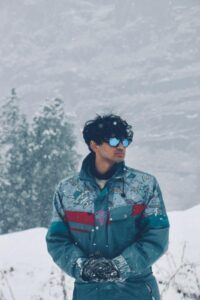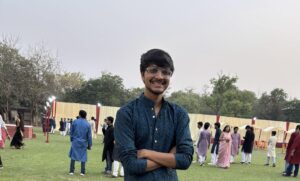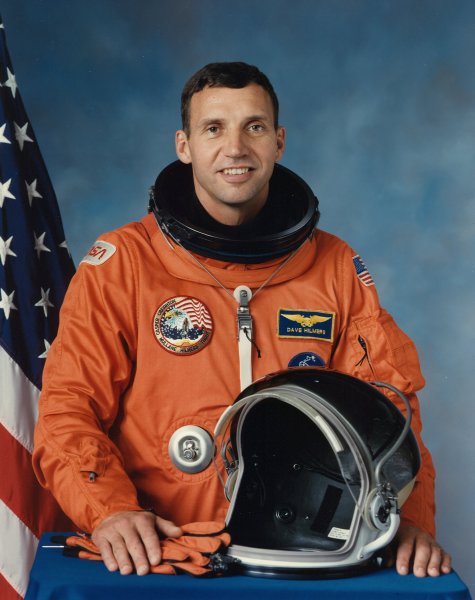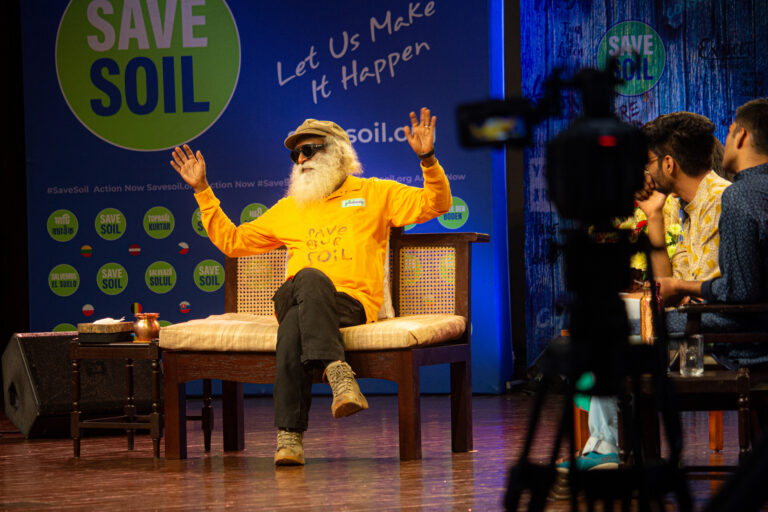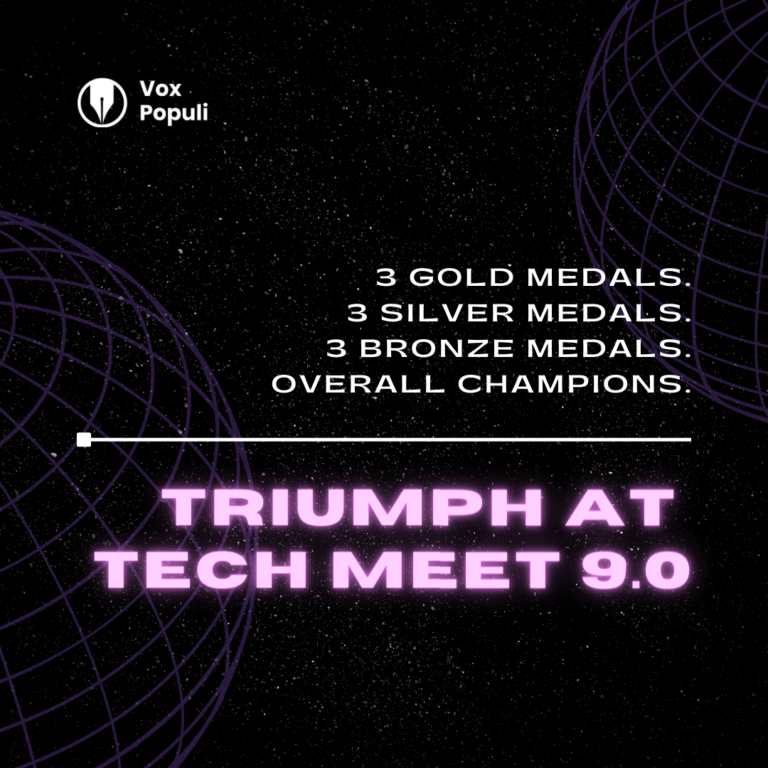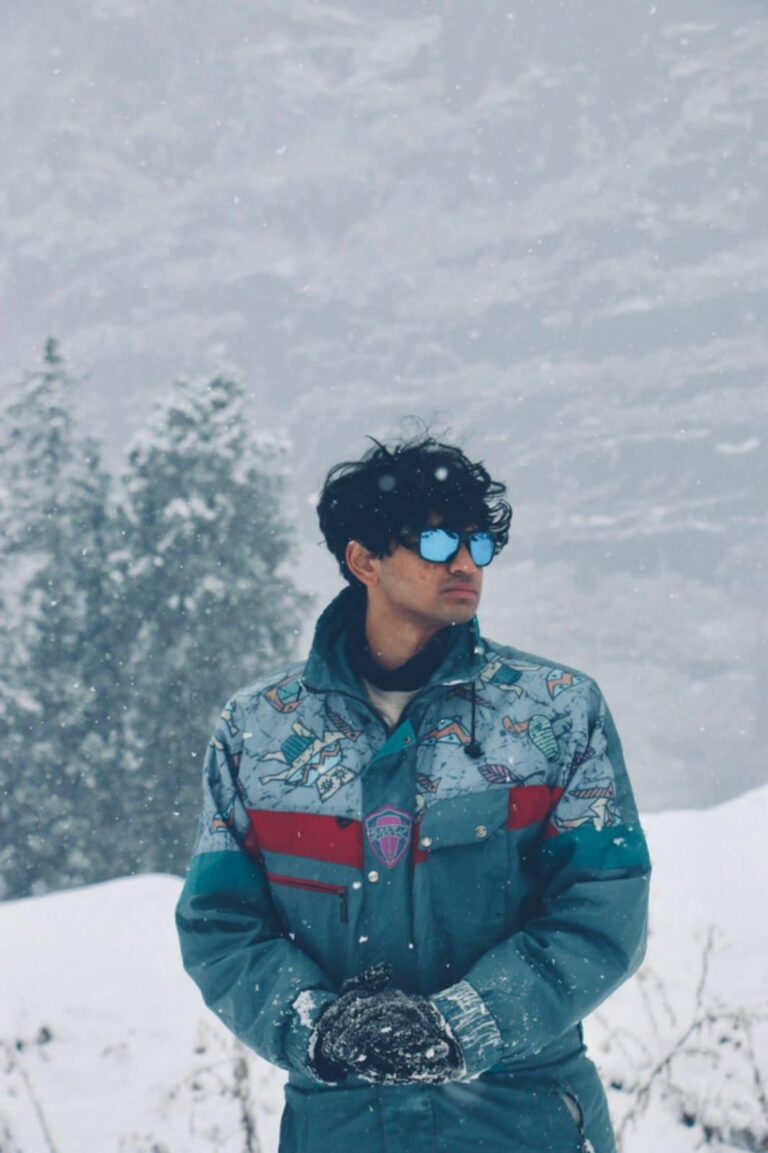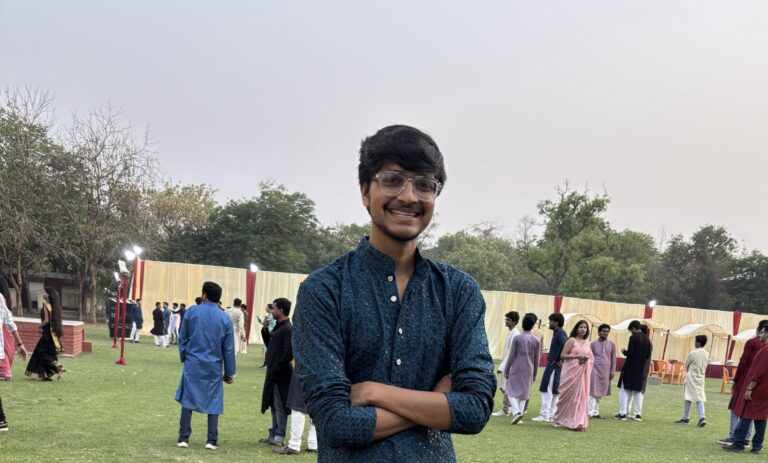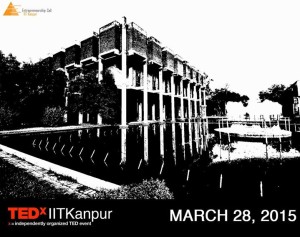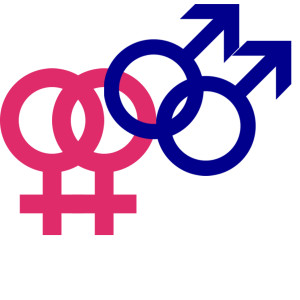David Carl Hilmers (born January 28, 1950) is a former NASA astronaut. Hilmers started as a three-sport student-athlete before graduating summa cum laude, moved on to become a Marines officer and then an astronaut. He served as a mission specialist on STS-51J (October 3-7, 1985), STS-26 (September 29 to October 3, 1988), STS-36 (February 28 to March 4, 1990), and STS-42 (January 22-30, 1992). Hilmers retired from NASA in October 1992 and has since devoted his attention a different kind of mission — mainly global health volunteer efforts, including pediatric HIV/AIDS projects in Africa, Eastern Europe and Latin America.
VP: How was it like to grow up in a time when the Apollo missions motivated an entire generation of American kids to look towards a career in sciences?
DH: It was really exciting. In a sense it was very interesting for people like me who were growing up in small towns and looked up to such things far away as kinda unachievable. I remember thinking to myself that it was something quite amazing but also something I would never be part of. It was inspiring; sort of so far beyond what we experienced everyday. But it was hard to believe that we could ever be a part of it.
VP: Your second mission “Discovery” was the first mission to be launched after the unfortunate challenger incident. It was the most important launch NASA undertook after the Apollo 11. How was it like to be a part of that team?
DH: It was a very difficult time. I remember we tried not to think about the possible dangers and what could happen. If we did that we would have gone crazy, would not have been able to focus on our work. So we tried to concentrate during training on the things that were in our control. We knew that we couldn’t control everything as the accident had shown. From my standpoint I felt honored that I was the part of the crew that would put America back into space. But yeah with so much publicity you try to train as hard as you could to make the mission a success.
VP: You have work in medical missions around the world. You have treated people in poorest regions of the world. What is it that drives you to continue doing what you do?
DH: I think that what keeps life exciting. Having a challenge and doing something to help people. What I do is interesting and it helps people. I recently worked in the e-bola health missions and felt that the way we worked there was ironically very similar to working in outer space; you get into a suit, cover yourself up, a single mistake can prove fatal so you are cautious. Similarly I find myself using my engineering skills in many medical situations. A lesson I have learnt is that all the experiences that you have in your life serve you at multiple times in entirely different areas.
VP: How were your undergraduate years at Cornell College? Any incident that you remember and would like to share with us.
DH: One of the things that set the stage for the rest of my life was that I used to get into things that were completely new to me. One such activity that I started was wrestling. Our school had an excellent program and I remember that in my first year when I started they would just kill me all the time; I’d always lose. But I was very determined that I wouldn’t quit. And after a couple of years of not being very good, I was quite decent. So in a sense throughout my life I looked back to it and always took my time to learn to get better at things, not being afraid, not giving up. My choice to leave NASA and join medical school at that age was very similar to this. It was something completely new but I took my time to learn new things even though I was uncomfortable for a while.
VP: The Vietnam war was going on when you graduated, and you became a part of the Marine Corps. How did you feel about this? As you look back today, how did serving in the military shape you as a person?
DH: When I look back to my time in the military, I wish that some things USA has done in wars, particularly Vietnam should have been done differently, but we learn from our mistakes.I think that the military taught me discipline pretty much the same way as I talked about getting out of my comfort zone in college. Also I think it gave me a young man’s structure, something that I didn’t have before. It also gave me an aviators checklist approach to a problem, something that I carried to my NASA days and now to medicine. My habit of organization has helped me a lot. Some might say it makes you too organized and stops you from thinking outside the box, but I don’t think that it ever limited me.
VP: What would you like to say to the students of IIT Kanpur?
DH: I would say that you should never let anyone tell you that you can’t fulfill your dreams because you don’t have good grades, or your personality is not suited to it or you don’t have a right background for that. If there is something you want, and if you work hard, then you will get closer to it. Another thing that I would like to leave with folks is that, if you devote your life to a certain career with the intent of helping someone, then it is a lot more satisfying compared to doing something for prestige or making a lot of money.This is one principle I’ve lived by and all I can say is I feel wonderful.
Interviewed by Aditya Kumar and Nishit Asnani
